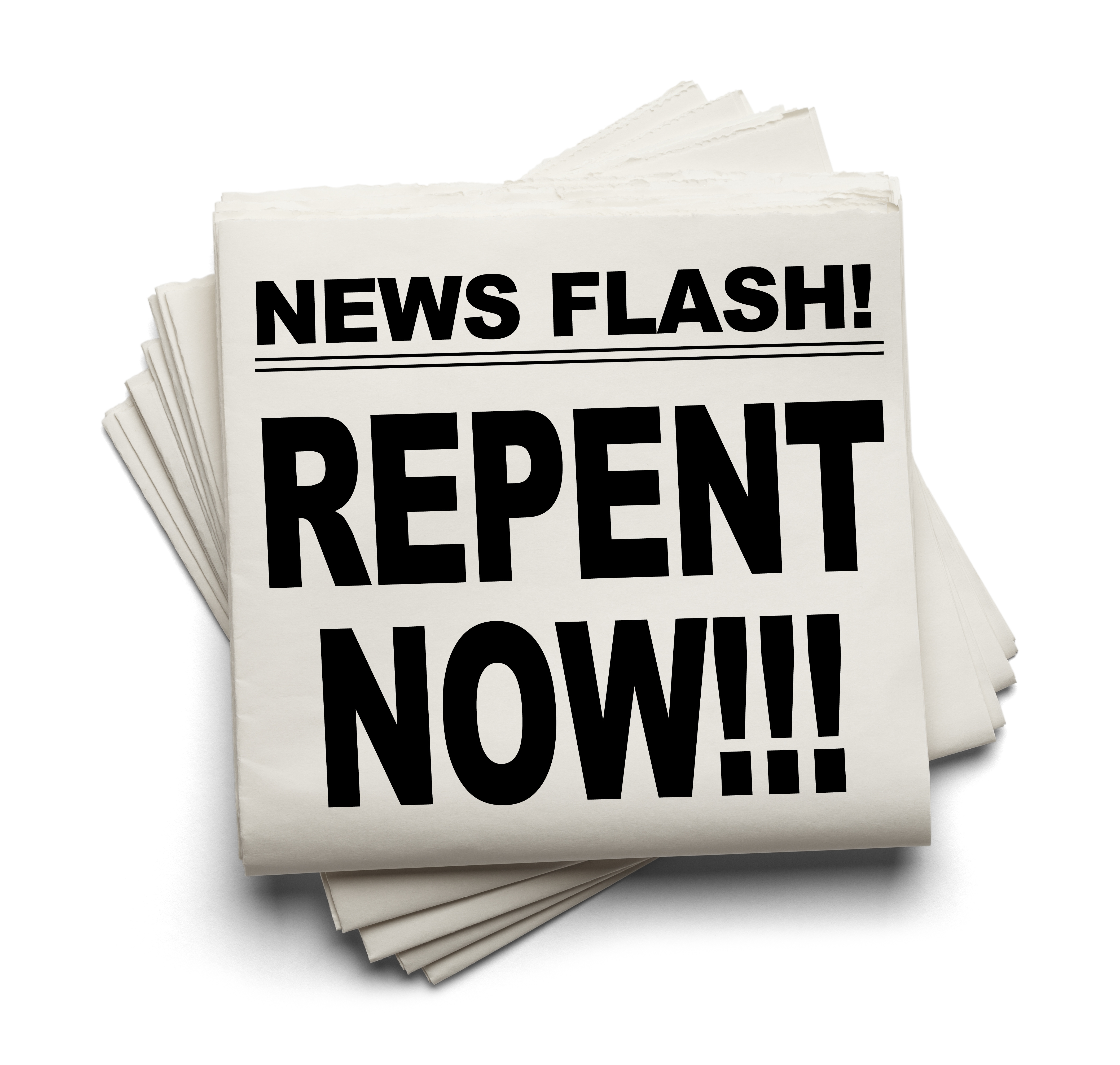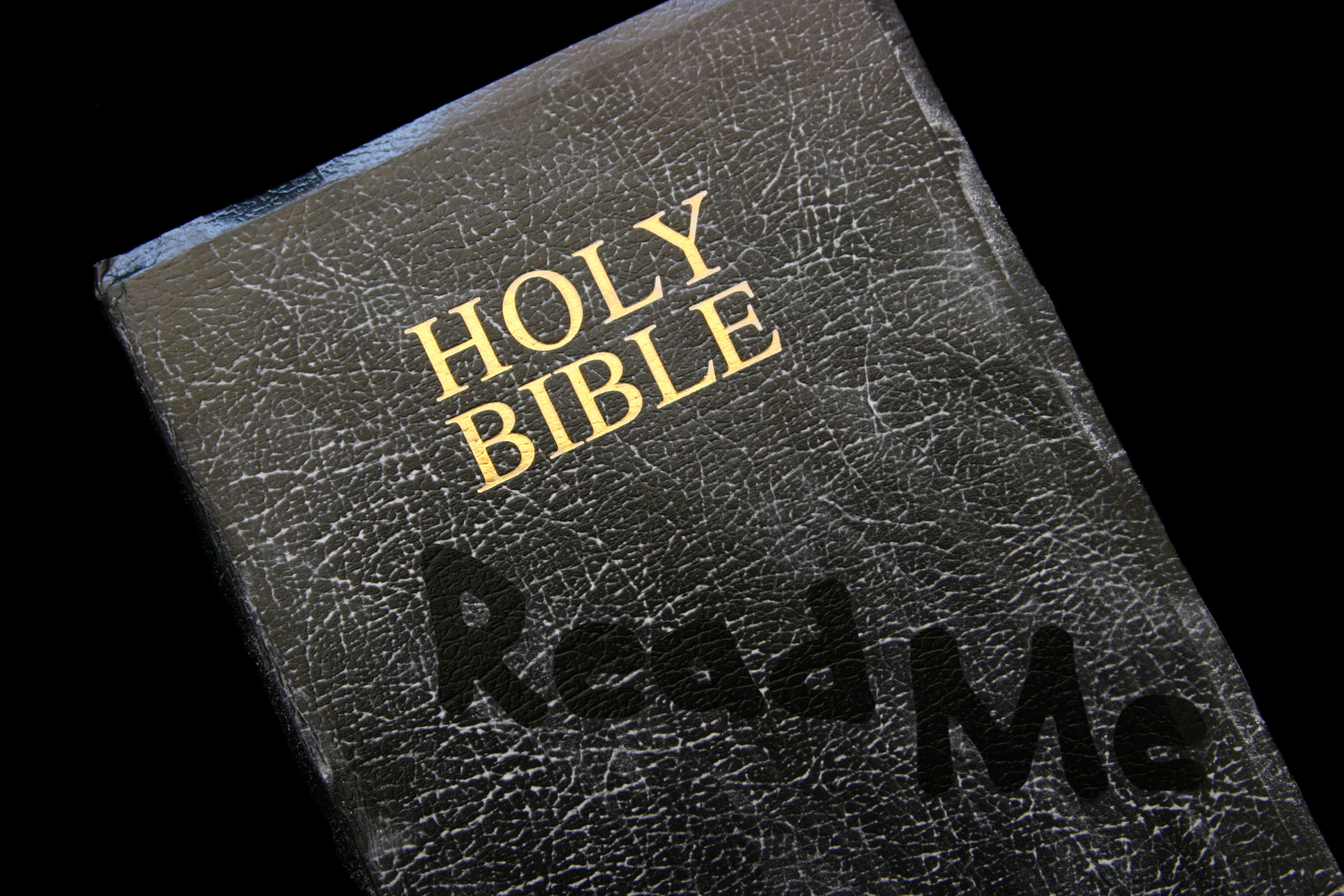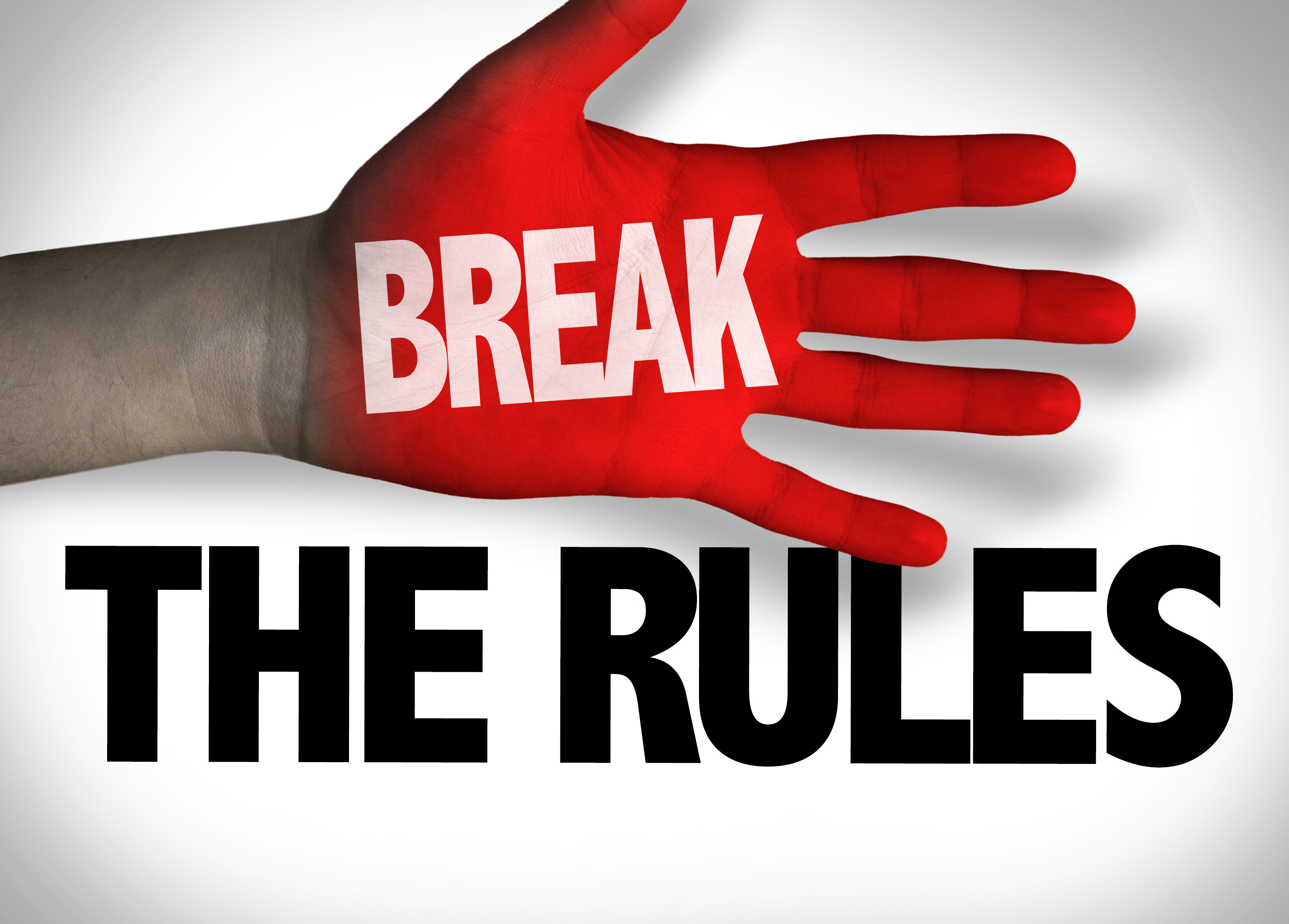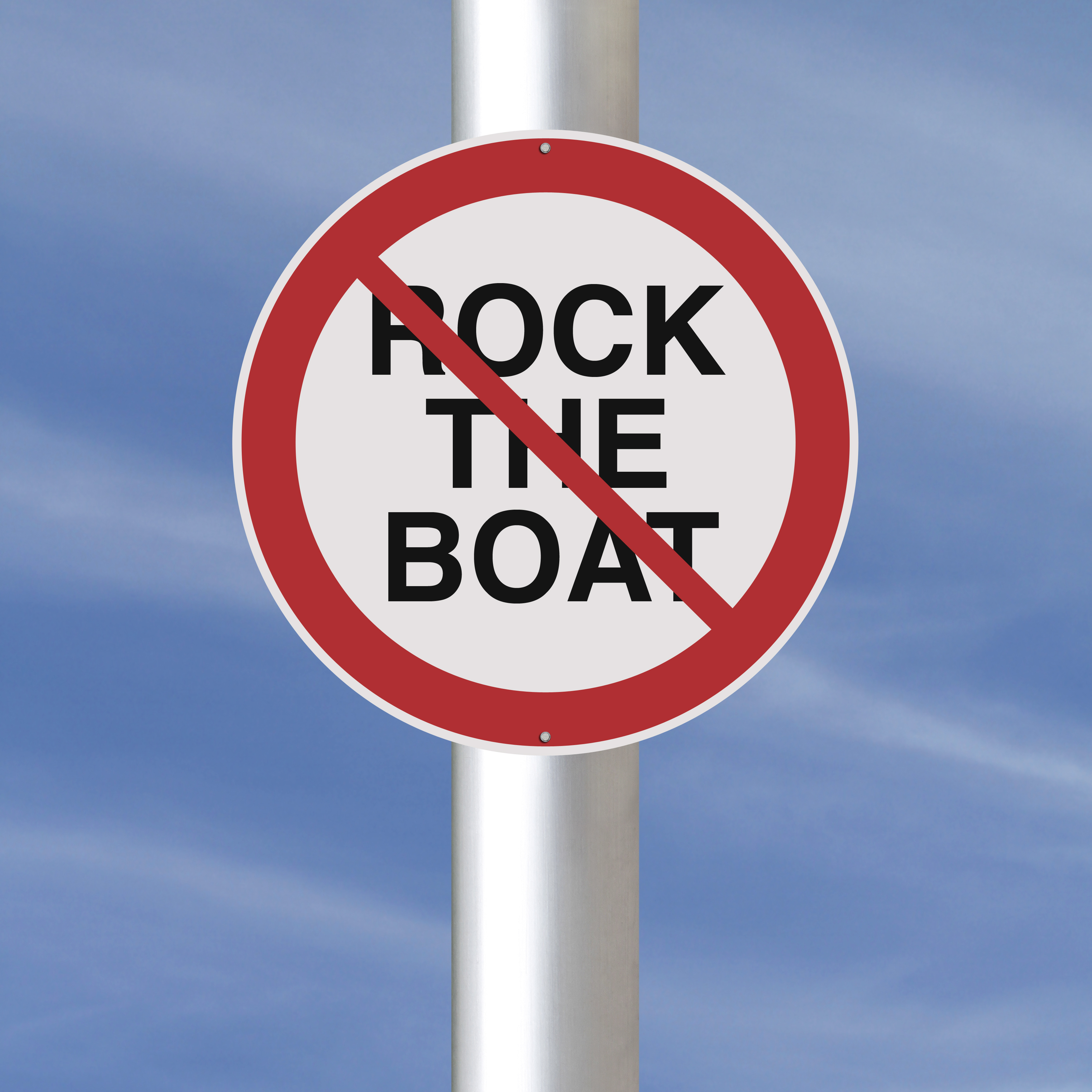Luke 5:17, The power [Gr. dumanis] of YHVH was present. Sometimes the power of YHVH is present to heal people, sometimes it is not. There are many factors that determine this such as the sovereign will of Elohim, the faith of the individuals performing or receiving the healing, repentance of sin or the lack thereof, whether one is a saint or not and many more of which we may or may not be aware in our limited understanding of the spiritual dimension where Elohim operates.
Let’s explore the healing activities of Yeshua. The Greek word dunamis means “strength, power, ability” or as often used in the Testimony of Yeshua, “miraculous power.” (In fact, our English words dynamic, dynamo and dynamite originate from this Greek word.) This is an interesting statement pertaining to the dynamics of Yeshua’s healing activities. Did Yeshua heal all people all the time, or only when the power of Elohim was present for him to do so? This verse, at least in this case, would indicate the latter. Elsewhere, we read that Yeshua “healed many that were sick” (Mark 1:34), but not all that were sick. On other occasions, the Gospels record indicates that Yeshua did in fact heal all the sick who were brought to him (Matt 4:23–25; 9:35; Luke 6:19).
The Gospels reveal some other interesting facts about Yeshua’s healing activities that we often pass over. On at least one occasions, Yeshua prayed to heal someone and they were only partially healed. After he prayed for them the second time, they were completely healed (Mark 8:22–25). Often Yeshua healed people after he was “moved with compassion [love and pity]” for someone who was sick (Matt 14:14; Mark 1:41; Luke 7:13–15). The Greek word for compassion, literally means “to be moved in one’s bowels,” or in the deepest areas of one’s emotions. Some people simply touched Yeshua’s clothing as he was walking by, and the miraculous power (Gr. dunamis) of Elohim flowed from him and healed them (Matt 9:20; Mark 6:56; Luke 8:44 cp. Luke 6:19).
Elsewhere, it appears that Yeshua’s healing activities were hampered by the presence of those who ridiculed him and exhibited doubt and unbelief, which is why, on one occasion, he put the unbelievers out of the room and closed the door behind them when he raised the little girl from the dead (Mark 5:40–42). Similarly, in his hometown of Nazareth, Yeshua “could do no mighty works there” except for healing a few sick people, “because of their [the townspeople’s] unbelief” (Mark 6:5–6; also Matt 13:58). Matthew’s account adds that the people of Nazareth were offended (literally, scandalized) by Yeshua, or that they stumbled over (or judged unfavorably, distrusted) Yeshua. Because of their low esteem for him, they lacked the faith to receive healing, which is why he healed so few people in that town.
When in doubt, always look for an opportunity to pray for a sick person. Before praying, one must discern the situation. Does the person have faith to be healed? Is the anointing or Presence of YHVH is there to heal the person? How is the Spirit of Elohim directing one to pray? Sometimes we sense the need to pray more authoritative prayers, other times, more pleading or intercessory prayers, and still other times prayers of agreement while asking for the healing.
What’s more, prospective converts and new believers tend to have their prayers for healing answered more quickly, since this is a demonstration of the signs Yeshua promised that would follow the preaching of the gospel. The saint can be healed, but often this will occur after having their faith stretched and refined. Therefore, the healing often takes longer to receive.








